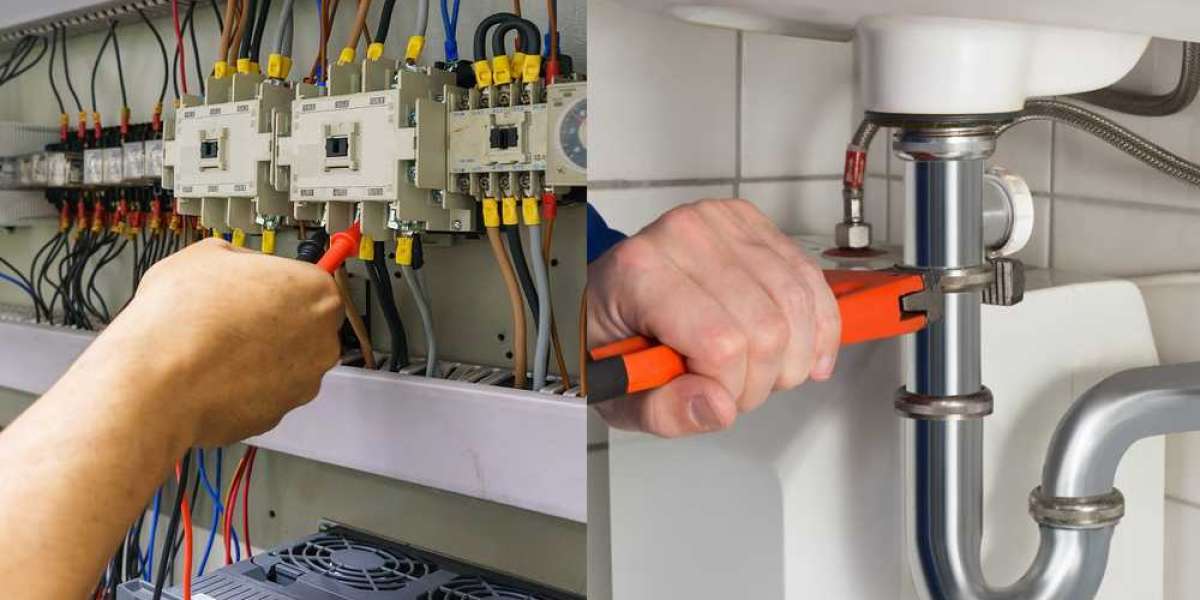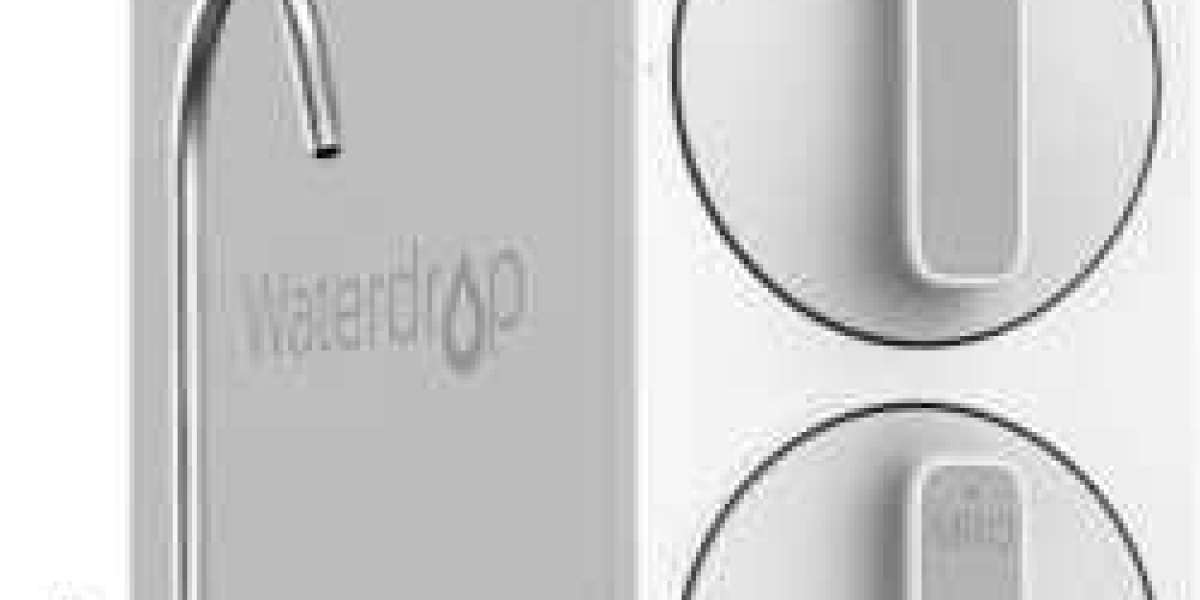Plumbing and Electrical Services Made Simple – What Every Homeowner Should Know
We all use water and electricity every single day. We cook, clean, bathe, and charge our phones—all thanks to working plumbing and power. But when something breaks, it can be a big problem fast. That’s why it’s important to understand plumbing and electrical services and how they help.
This guide will walk you through the basics of plumbing and electrical care. It will explain how to spot problems early and what to expect from a service visit. Whether you own a home or rent, this information is useful for everyone—even kids who want to help around the house!
1. Why Plumbing Services Are So Important
Plumbing gives us clean water and takes dirty water away. We use it for drinking, cooking, washing, and staying healthy. A small problem in your plumbing system can lead to big trouble if it’s not fixed fast.
Common Plumbing Problems
Here are some common plumbing problems that families face:
- Leaky faucets – A dripping faucet can waste thousands of gallons a year.
- Clogged drains – Hair, grease, and food can block water from flowing.
- Toilet troubles – Constant running or flushing problems are common.
- Low water pressure – This could mean a hidden leak or pipe buildup.
- Burst pipes – In cold places, frozen water can make pipes burst.
What Plumbers Do
Professional plumbers do more than just fix leaks. They keep your whole water system safe and clean. Here’s what they can help with:
- Unclog sinks and drains
- Fix or replace broken toilets
- Repair or install water heaters
- Detect hidden leaks in walls
- Install new plumbing for kitchens or bathrooms
A good plumber will also inspect your system and tell you how to prevent future problems. Fixing small issues early can save you a lot of money.
2. Why You Need Electrical Services
Electricity powers almost everything in our homes. From lightbulbs to microwaves, we rely on it every day. But problems with your electrical system can be very dangerous.
Common Electrical Issues
Look out for these signs that something might be wrong:
- Flickering lights – This may mean bad wiring.
- Hot outlets or switches – This is a fire hazard.
- Tripping circuit breakers – Your system may be overloaded.
- Burning smell – Stop using the outlet and call for help.
- Outlets that don’t work – This could be a wiring problem.
What Electricians Do
Licensed electricians handle your home’s wiring safely. They protect your family from shocks, fires, and outages. Here’s how they help:
- Repair or install lights, fans, and outlets
- Upgrade outdated electrical panels
- Replace old or frayed wiring
- Install backup generators
- Make sure your system meets safety codes
Hiring a licensed electrician ensures the job is done safely and correctly the first time.
3. Spotting Trouble Early
Finding a problem early can save you stress and money. Here’s what to look for in your home.
Plumbing Warning Signs
- Water spots on walls or ceilings
- Slow-draining sinks or tubs
- Unusual smells from drains
- Gurgling sounds in pipes
- A sudden increase in your water bill
These signs may seem small, but they can mean a bigger issue is hiding in your walls.
Electrical Warning Signs
- Buzzing or crackling sounds
- Lights that dim or flicker
- Warm or blackened outlets
- Frequent bulb burnouts
- Appliances that shock you when touched
Never ignore these signs. Electrical problems can lead to fire or injury if not fixed quickly.
4. What Happens During a Service Visit
Calling a professional may feel stressful, but it doesn’t have to be. Here’s what to expect from a typical visit.
Plumbing Visit Steps
- The plumber listens to your concerns.
- They inspect the area and find the cause.
- They explain the problem and offer a solution.
- They give you a price before starting the work.
- They repair or replace the needed parts.
A good plumber will also clean up and make sure everything works before leaving.
Electrical Visit Steps
- The electrician checks your electrical panel and outlets.
- They test for safety and code issues.
- They explain what needs to be fixed or upgraded.
- You’ll get a price quote.
- They complete the repair safely.
Most visits take one to two hours, depending on the job.
How to Prepare
- Clear the space near the problem.
- Write down what’s been happening.
- Be home during the visit.
- Keep pets and kids in another room.
Being ready helps the job go faster.
5. Preventing Problems with Regular Checks
Don’t wait for something to break! You can protect your home with regular plumbing and electrical checkups.
Plumbing Maintenance Tips
- Check under sinks for leaks every month.
- Clean hair out of drains regularly.
- Don’t pour grease or oil down the sink.
- Flush your water heater once a year.
Electrical Safety Tips
- Test smoke detectors once a month.
- Don’t plug too many things into one outlet.
- Replace damaged cords right away.
- Get a full inspection every 3–5 years.
Small habits make a big difference in keeping your home safe.
6. When to Call the Experts
Sometimes, DIY fixes make things worse. Call a licensed plumber or electrician if:
- You smell burning or see sparks.
- Water is leaking through walls or ceilings.
- Your toilet is overflowing or won’t flush.
- You get shocked touching a switch or outlet.
- You have no power or water in part of your home.
Trained experts have the right tools and skills to fix problems the right way.
Conclusion: Take Care of Your Home the Right Way
Plumbing and electrical systems are easy to forget—until something goes wrong. But with regular care and fast action, you can keep your home running smoothly.
If you notice a leak or flickering lights, don’t wait. Small issues can become big problems fast. Call a licensed plumber or electrician to keep your home safe, dry, and bright.
If you live in Grande Prairie, Alberta, we recommend Gray Electric Plumbing. They offer trusted plumbing and electrical services. We don’t work for them—we simply guide you to a service that many people trust.
Call to Action
Take care of your home today. Contact a licensed plumbing or electrical expert to get started. Don’t wait for a problem—fix it before it grows!
FAQs
Q1: What’s the most common plumbing problem?
A: Leaky faucets and clogged drains are the most common. They waste water and cost money.
Q2: Can I fix electrical problems by myself?
A: No. Electricity is very dangerous. Always call a licensed electrician for safety.
Q3: How do I choose a good plumber or electrician?
A: Look for licensed, insured professionals with good reviews and clear pricing.








